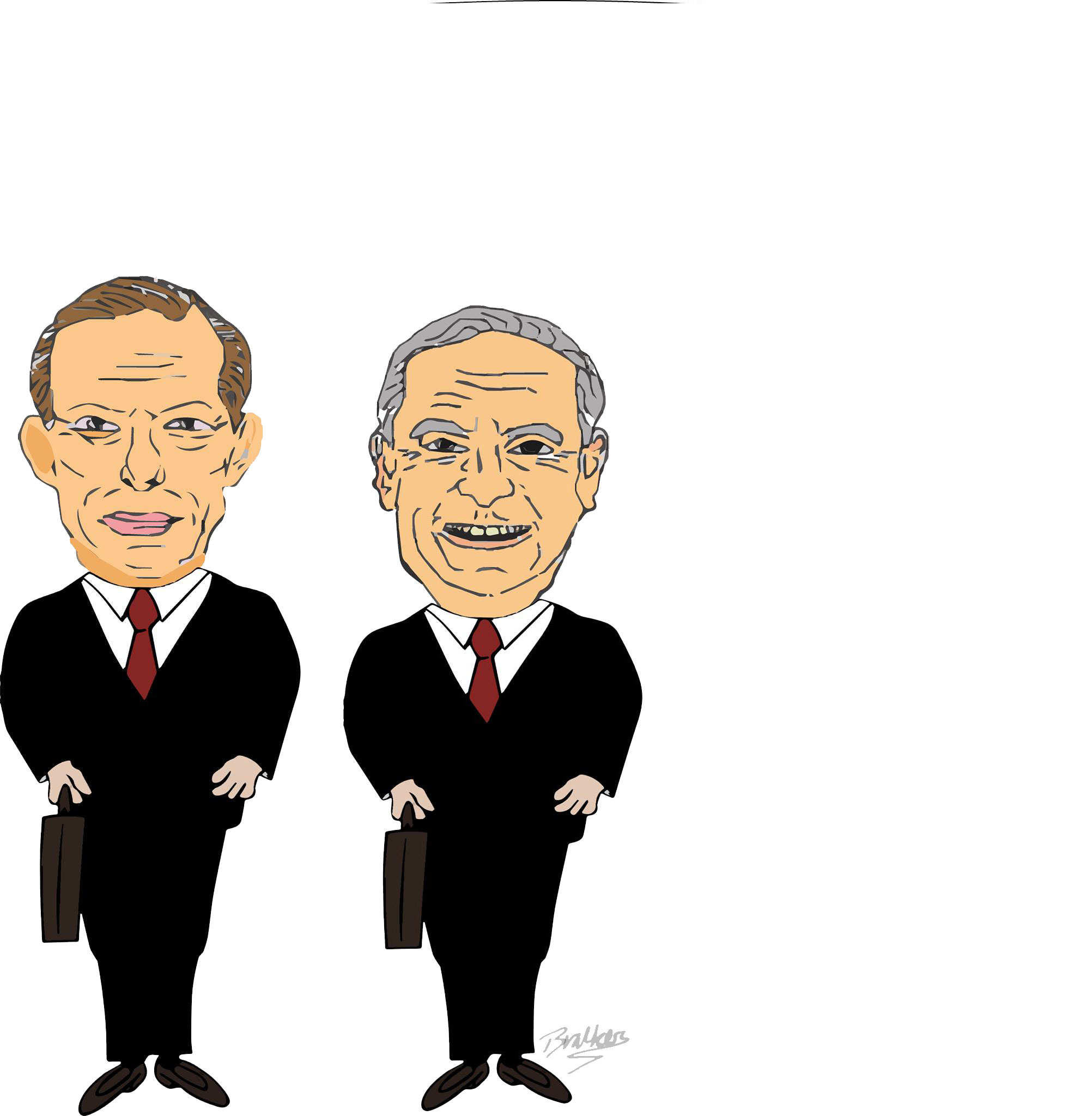This is your land, but now you must leave. You are being told by a stranger who is gladly ignorant of your culture and history that you must leave. Worse still, it’s all about the money.
Last year, after the Commonwealth cut funding for remote Aboriginal communities in Western Australia (Prime Minister for Indigenous Affairs, indeed), Colin Barnett announced the closure of between 100 and 150 of the 275 remote Aboriginal communities in our state. That’s okay, though, because the State Government have thought this through and have provided adequate housing and services down here in the capital to support those displaced until they can get on their feet.
Right?
Ah, not so much. Not only are Aboriginal communities being forced off their land, they are being given little to no help once they have left. Once again, Australia proves just how much a champion of the rights of minorities and traditional owners it is. A ‘fair go’ for all – as long as you’re white and live in the city.
In 2012 a tent embassy was set up on Heirisson Island in order to protest a deal that would force the relinquishing of Noongar claims to the South West. The white leadership reacted in a predictable manner. The protest was viewed as being improper, and unfair for other people who wanted to use the recreational area.
This year, the Heirisson tent embassy has been erected again, and has acted as a sort of refugee camp for those displaced from up north. Many in the camp express anger and incredulity at the actions of the government. And honestly, if you can’t understand why then you’re missing something. It was only a few decades ago that the government programme that created Stolen Generations was discontinued. This is an issue of ongoing intergenerational trust; once again, we have a government of white men dictating black lives.
The justification for remote community closures ranges between politicians. There’s ignorance (hi Tony Abbott!) and silence (hi Colin Barnett!), and then there are often-fictitious claims of community dysfunction. Police commissioner Karl O’Callaghan has backed the community closures on the basis of sexual assault and abuse claims – if you’re at all familiar with the history of Indigenous affairs in this country, you’ll understand that this is the oldest excuse in the book. It’s the kind of justification that obscures the real ideological and economic agenda of state and federal governments when it comes to Indigenous communities. Furthermore, if abuse is really an issue in remote communities, then surely we should be investing more in them, rather than annihilating them – perhaps by funding women’s crisis centres, education programmes, and other basic services. It should be noted however that cultural heritage leaders have emphasised time and time again to politicians that their remote communities are dry, free of violence, and committed to raising safe families.
In addition to the immense human cost of closing these communities, there is also an environmental one. Many Western Desert communities, such as those of the Bardi Jawi lands, serve as hubs for hundreds of Aboriginal rangers who are trained to take care of the local environment. Australia’s outback has amazing biodiversity, and Indigenous rangers have taken significant interest in preserving species like the Gouldian Finch. In the Pilbara, around 350 of the Martu people are employed as rangers. With the retreat of these highly trained experts, it is likely that bio-diverse regions like the Dampier Peninsula will be left vulnerable to introduced species.
The state and federal government attacks on WA’s remote communities are unacceptable, and are creating internally displaced refugees. Bashar Al-Assad has done the same thing in Syria. In 2015, are we still a nation that deliberately uproots its own people to save money, one that masquerades its latent racism with ludicrous claims about ‘lifestyle choices’? A tightening of belts is no excuse for cultural genocide.
Words by Bunderscotch Hovercraft

